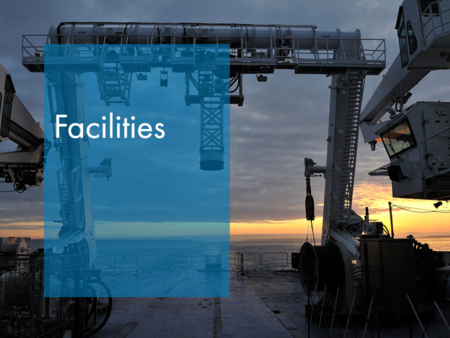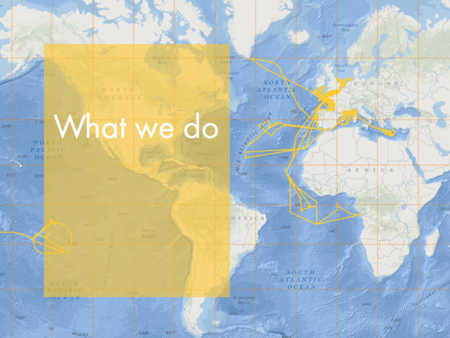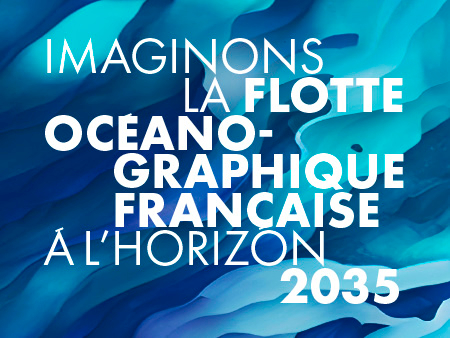2.7. Expectations of IT personnel
The reorganisation of the FOF is going to have an impact on all personnel on board plus the technical departments of IFREMER, the CNRS and the IRD. Although there is no major concern on the future of agents within the current IFREMER departments involved in the FOF reorganisation, it should nevertheless be stressed that these departments are the right size for current needs from the fleet operated by GENAVIR and that these agents emphasise that, on their own, they will not be able to cover the extra work due to including new vessels in the FOF. IPEV agents and any from the CNRS allocated to the IPEV, to the DT-INSU and its equipping are particularly concerned by the FOF reorganisation. This raises a general question on the future of this personnel both in terms of career (status, salary, bonus, recovery, prospects, etc.) and on their future positions, roles and functions in the new structure. The agent annexation organisations concerned by this restructuring should make sure that the new governance quickly proposes a staff reclassification project, answers questions on how the work will be organised and makes it easier to incorporate agents from different organisms.
2.7.1. Urgency of the reorganisation
The long-range planning committee highlights the importance and the urgency of defining the new organisation of services, personnel needs, tasks to be completed (job description sheets) so that each agent can integrate the new structure with full knowledge of the facts and that the users identify their contacts. The committee has also perceived that in the absence of future perspectives, the personnel with whom the researchers interact closely when setting up and performing campaigns might be discouraged, which deeply worries scientists. Certain agents have already asked to change assignment. Severe malfunctions can arise if too many people leave.
As far as operations at sea are concerned, the need for a clear vision of the tasks to be carried out on board, their distribution and working conditions is very important in terms of continuing to find motivated on-board support staff. This point is even more true on the scale of CNRS agents who volunteer to work on board and find it hard to get the operational part of their work recognised in their career.
Consequently, the committee recommends that motivating perspectives are offered to the agents very quickly.
2.7.2. Best use of all FOF personnel skills
In general, it is advisable to analyse how all current services work - regardless of their annexation organisation - and to identify all skills to make the most of them and optimise organisation and completion of campaigns at sea.
For example, if there is an attempt to homogenise activities, it is likely that IFREMER will wish to install its own data acquisition, navigation software, etc. on board the CNRS vessels and on the Marion Dufresne, it would also be advisable to analyse existing software on board these vessels and identify which can be kept, integrated, maintained and developed in the IFREMER system. Thanks to being simple, effective and robust, some of this software, has actually been fully satisfactory for the user community.




